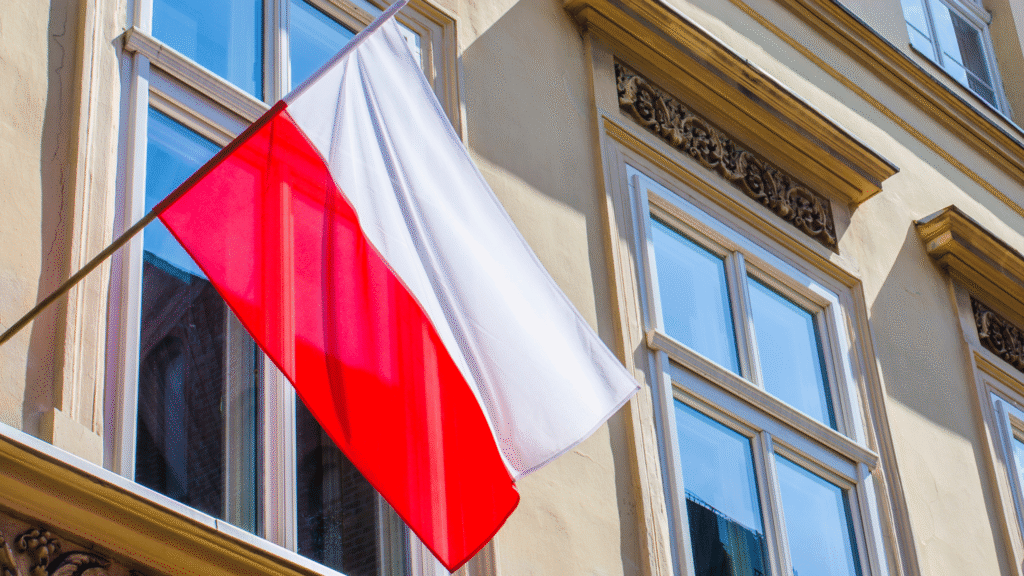Government draft amendments to the Act of 4 February 1994 on copyright and related rights and certain other acts
In February this year, a draft amendment to the Act of 4 February 1994 on copyright and related rights and certain other acts , i.e.: the Act of 27 July 2001 on the protection of databases and the Act of 15 June 2018 on collective management of copyright and related rights[1], was published on the website of the Government Legislation Centre.
As can be seen from the wording of the explanatory memorandum, the goal of the drafters is to implement into the Polish legal order the Directives of the European Parliament and of the Council (EU) of 17 April 2019:
- Directive 2019/789 laying down the provisions on the exercise of copyright and related rights applicable to certain online transmissions by broadcasting organisations and to the rebroadcasting of television and radio programmes and amending Council Directive 93/83/EEC (the so-called ‘satellite-cable II’ Directive ) and
- Directive 2019/790 on copyright and related rights in the digital single market and amending Directives 96/9/EC and 2001/29/EC (the so-called ‘Digital Single Market’ Directive ), which have still not been implemented despite the deadline of 7 June 2021[2].
The above EU regulations are intended to modernise copyright rules in a way that makes the best use of the digital world. As the EU legislator explains, “the relevant legislative provisions should take into account future developments in order not to limit technological development.”[3]
Among the draft amendments proposed by the Ministry of Culture and National Heritage are:
- extension of the catalogue of forms of permitted use of protected works to include text and data mining for scientific research and non-research purposes,
- modification of the existing use of distributed works for teaching or scientific activity (the issue of the non-profit character of the use, responsibility, place and procedure),
- modification of the rules on the use of works which are not commercially available,
- introduction of collective licences with extended effect,
- the introduction of a new related right for press publishers – the right to publish press in the provision of electronic services,
- the introduction of new forms of permitted use for sui generis databases, i.e. those covered by the Act on the Protection of Databases,
- the introduction of new mechanisms entitling an author to receive from the person to whom he transferred his economic rights or from the licensee, on a regular basis, up-to-date information on the revenues from the use of his work and on the remuneration due in connection with such use, separately for each mode of use (“transparency obligation”),
- allowing mediation as regulated by the Civil Procedure Code in cases concerning the implementation of the transparency obligation and in the case of the application of the so-called “bestseller clause” referred to in Article 44 of the Copyright Act (requesting an appropriate increase of the remuneration of the author in the case of a gross disproportion between the remuneration of the author and the benefits of the acquirer of the author’s economic rights or the licensee),
- The exclusion of the application of the so-called “bestseller clause” in the case of agreements on the use of works concluded with an organisation for collective management of copyright or with an independent management entity within the meaning of the Act on collective management of copyright and related rights.
The biggest controversy in the creative community is the lack of regulation of remuneration (royalties) for creators for the exploitation of a work on streaming platforms or VOD services.
The currently commented draft amendment is at the public consultation stage. The Act would enter into force 30 days after the date of publication (except for the regulation concerning the transparency obligation, for which a 6-month vacatio legis has been set).
[1] Rządowe Centrum Legislacji, Projekt ustawy o zmianie ustawy o prawie autorskim i prawach pokrewnych oraz niektórych innych ustaw, https://legislacja.rcl.gov.pl/projekt/12382002/katalog/13037388#13037388, dostęp: 24.02.2024.
[2] European Commission, Copyright: Commission urges Member States to fully transpose EU copyright rules into national law, https://ec.europa.eu/commission/presscorner/detail/en/ip_22_2692, dostęp: 24.02.2024.
[3] Dyrektywa Parlamentu Europejskiego i Rady (UE) 2019/790 z dnia 17 kwietnia 2019 r. w sprawie prawa autorskiego i praw pokrewnych na jednolitym rynku cyfrowym oraz zmiany dyrektyw 96/9/WE i 2001/29/WE.














Notes from the “other side of the barricade” – reflections of a former in-house lawyer